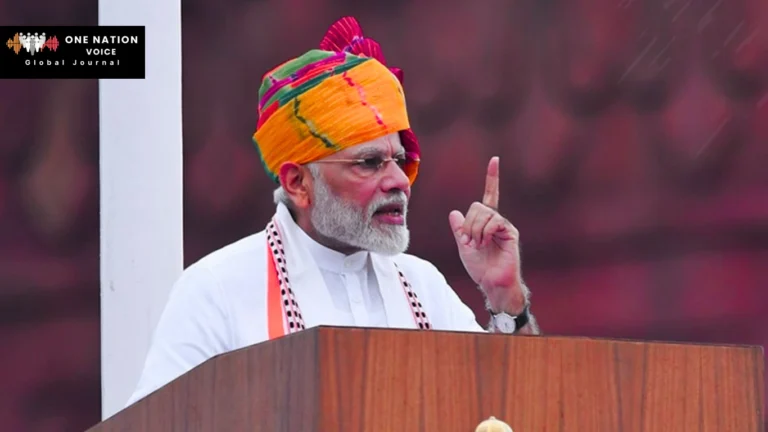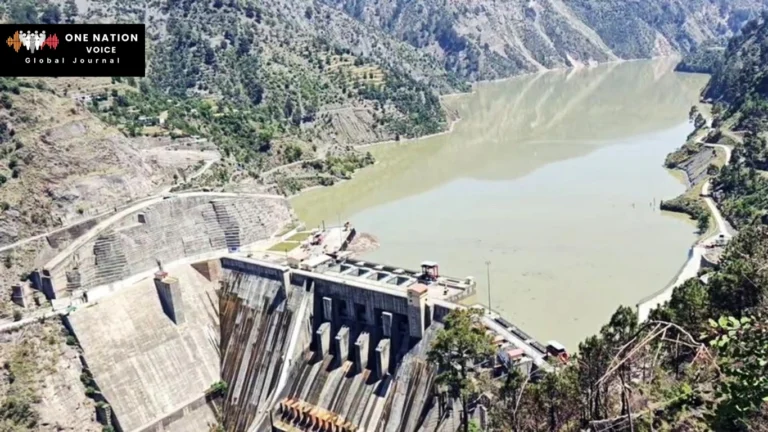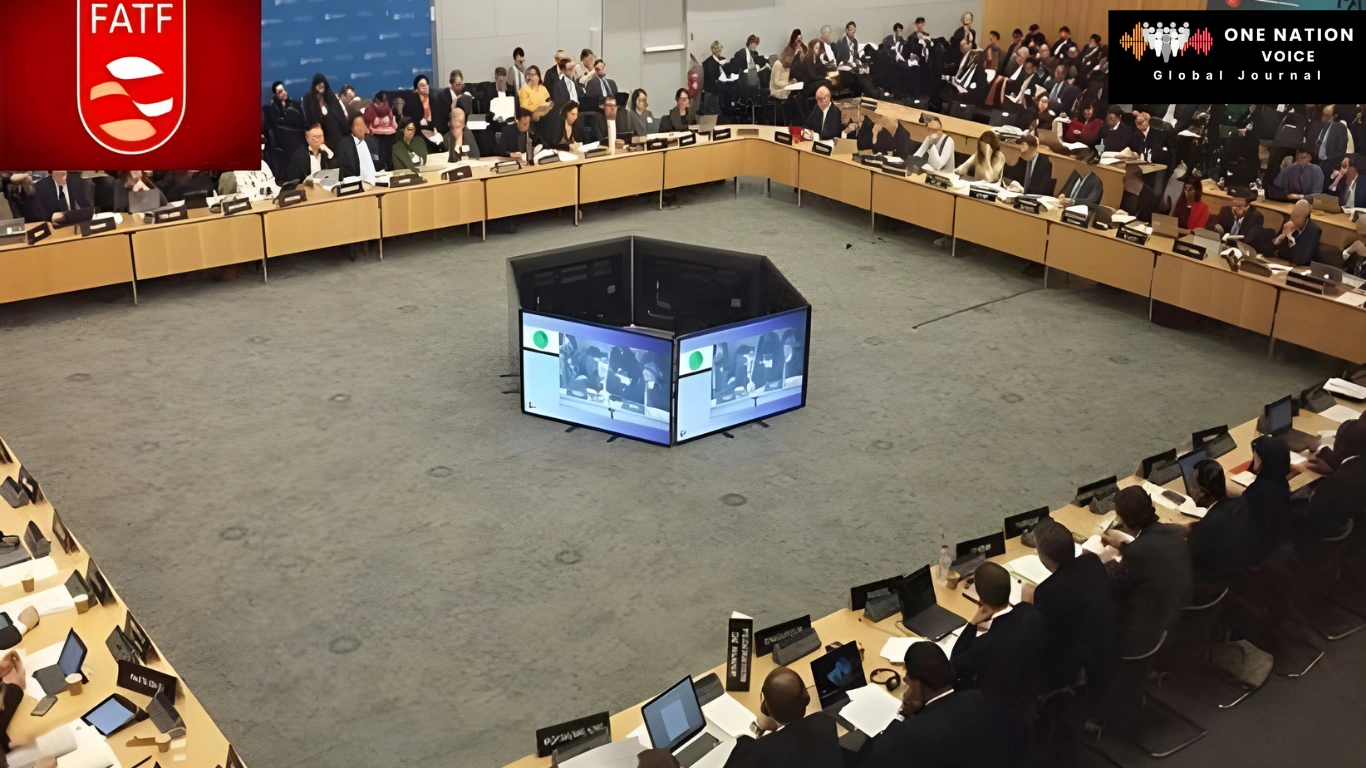A Remarkable Milestone in Pakistan’s Fight Against Terrorism

Pakistan’s Transformation under FATF Standards
The paradigm shift involved bringing Pakistan on board with the Financial Action Task Force (FATF) standards. In fact, within only a few years, the country has come under the international watch owing to its lax regulations on the anti-money laundering and the counter-terrorist financing (AML/CFT) systems.
Pakistan’s achieved its latest milestone by exiting the FATF grey list in 2022 and this achievement not just a deal with the financing of terror but also the reconstruction of the image of a country and economic self-sufficiency.
Institutional Commitment to Structural Financial Reforms
The FATF process forced Pakistan to put into focus some of the demands of its systems of financial and regulation. The government was institutionally committed as never before by addressing all the action items within the due date. It was not that superficial compliance effort, this was a structural overhaul. Any legal gap that had facilitated illegal financial flows was closed and regulation mechanisms reinforced besides law enforcement agencies made to track and prosecute any financial offence.
Strengthening AML and CFT Measures to Safeguard National Security
The most impressive impacts may be highlighted, and one of them is the empowerment of AML/CFT in Pakistan. The distance about financing terror was narrowed down significantly because of the risk-based supervision, the customer due diligence, and the implementation of suspicious transaction reporting provisions. These reforms did not only satisfy the world watchdogs.
But their direct effect on the national security is that they have destroyed the financial pipelines through which the extremist networks used to flourish. Enhanced monitoring of the financial institutions and the recommended non-financial businesses and occupation has made it extremely difficult to access the Pakistan economy by the participants of illicit activities.
It was not the only improvement of technical compliance. Another factor assessed by FATF and Pakistan was the effectiveness of enforcement and Pakistan was not going to put the foot in the wrong direction. The Financial Monitoring Unit (FMU) became more assertive in intelligence sharing and organization of activities took new efficiency standards at the State Bank, Securities and Exchange Commission, and law enforcement agencies.
Moreover, the establishment of beneficial ownership legal frameworks led to a new twist of transparency, and it was harder to hide the criminals in the dark corners of the shell companies or the anonymous accounts. These not only reduced the chances of money laundering but also increased investor confidence which is a significant component of sustainable economic recovery.
The second unexpected outcome of the compliance with the FATF was a credibility of the world. The announcement on the grey list of Pakistan was a boost back to the international financial institutions and the sentiments to investors. Thereby, the country was no longer toying with reform as well as the access of the international banking facilities. The advancements of the Asian Pacific Group (APG) on Money Laundering have been recognized and the continued cooperation will play a significant role in maintaining the momentum.
Application of FATF principles to the national policy has enabled Pakistan to enhance financial sovereignty needed to bring about the long-term economic stability.
The new level of compliance is being redefined, especially by technology. In the context of the AI-powered systems of tracked transactions and blockchain-based traceability that are currently being created, Pakistan is preparing to take the payments transparency to the next level. Not only will the introduction of digital tools into the AML operations streamline the detection, but it will also make the compliance sustainable. The future of Pakistani financial security depends on finding a balance between innovation and vigilance, and indeed the first sign is that Pakistan is heading in the right direction.
International co-operation and law enforcement reforms have also paid off. The increased effectiveness of mutual legal cooperation, extra-territorial cooperation and reclaiming of assets are excellent indications that Pakistan is more actively involved in global counter-terrorism operations. These actions have shattered the network of international crimes while bringing trust with the partner nations. Interestingly, this has been founded on consideration of human right and due process, which together enhance the moral standing of Pakistan on the international front.
The resilience of the society and institutions in Pakistan is something to be praised outside of its enforcement. The role of the government in dealing with non-profit making organizations and control of cash couriers have cancelled out different facilitators of funding of terrorism. The battle against financial crime is not waning, and compliance officers, judges, and investigators are receiving increased training. This will be significant to sustain such gains by having sustainable funding of AML training and technological innovation.
The second frontier is to create awareness and involvement of the young generation. Not only does funding of terrorism pose a law enforcement issue, but it is also a social issue. The Pakistani leadership has an opportunity to create the culture of financial responsibility, young professionals may learn to appreciate the principles of transparency and ethical behaviour in the government and business.
Thus, an educated generation on the risks of money laundering and terror financing will prove crucial in sustaining the reforms that have been implemented. Overall, the success of the compliance in Pakistan can be also learned by other developing countries.
The views and opinions expressed in this article are exclusively those of the author and do not reflect the official stance, policies, or perspectives of the Platform.














